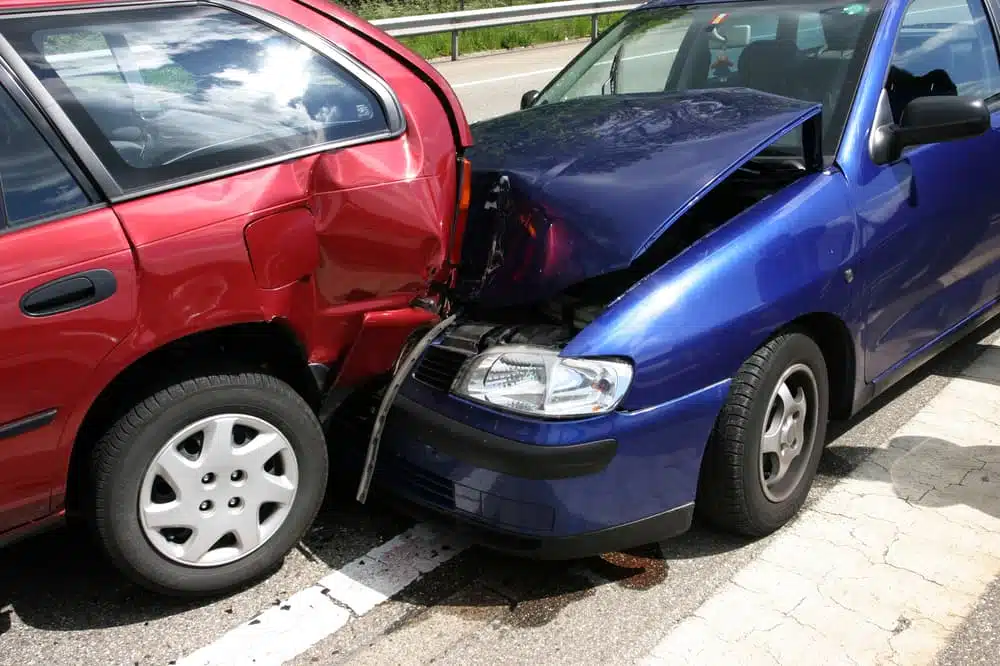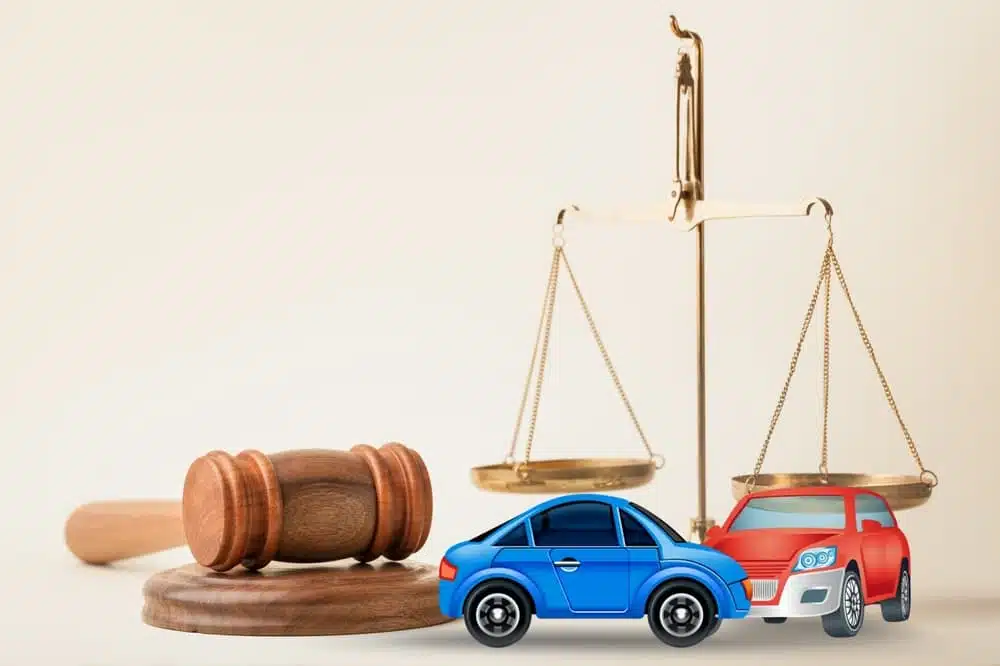
Recalled Automobiles and Used Car Sales
Have you or someone you know purchased a used automobile? Every year, thousands of Americans visit used car dealerships and decide to buy pre-owned automobiles. However, not every used car is necessarily safe to drive. Indeed, dangerous automobile defects may be lurking inside these vehicles. According to a recent article in the Washington Post, “up to a third of automobiles recalled for safety defects are never repaired” before they are resold. Last year alone, 3.5 million recalled vehicles, including cars and light trucks, “were offered for sale online to unsuspecting buyers,” according to data collected by Carfax.
This issue could lead to a significant number of product liability claims. How can this practice happen? Carfax is not the first group to recognize the dangers associated with product recalls and used-car buying. In fact, a 2011 report from the Government Accountability Office indicated that a significant number of recalled automobiles are not repaired or replaced, and thus there could be a higher-than-expected number of defective automobiles on the roads and up for sale at used-car dealerships.
The National Highway Traffic Safety Administration (NHTSA) is working to “improve recall completions” by “requiring automobile manufacturers to use distinctive labeling on recall notices so consumers do not confuse them with junk mail.” In addition, NHTSA has created an app for smart phones that alerts vehicle owners to recall notices. NHTSA also plans to “launch an online tool that would allow used-car buyers to check whether a vehicle has any outstanding recalls by entering its vehicle identification number, or VIN.” At present, there is no way to enter a car’s VIN to see if it has been subject to a recall notice, but such a tool is in the works. In fact, NHTSA simply posts recall notices on its website. According to the above article in the Washington Post, it “does little to contact owners directly” and fails to alert unsuspecting used-car buyers.
Facts and Statistics: Recent Automobile Recalls
With frequent news stories about automobile recalls and defective vehicles resulting in serious injuries and even fatalities, you might be wondering about some of the most common types of car recalls. According to data gathered by NHSTA more than 390 automobiles have been recalled since 1966, the year in which the National Traffic and Motor Vehicle Safety Act was put into force. The following represent some key facts and recurrent automobile recall issues in the U.S.:
- Tires: 46 million tires have been recalled over the past five decades;
- Automobile equipment: 66 million motor vehicle parts have been recalled since 1966;
- Child Safety Seats: Given the recent Graco and Evenflo recalls, car seat recalls are on the minds of many parents, and with good reason. Since 1966, 42 million child safety seats have been subject to recall notices;
- Automobile Recalls: In 2008, approximately 8.6 million vehicles were recalled. This number increased in 2009, with about 16.6 million recalls. Between 2009 and 2010, Toyota alone recalled approximately 8.5 million vehicles. In 2010, GM recalled 1.5 million automobiles due to engine fires, and the company recently recalled close to 7 million vehicles in 2014 alone.
GM and several other automakers remain under serious scrutiny for automobile defects that have led to fatal accidents and injuries. If you or a loved one has been injured because of an automobile safety defect, you should speak with an experienced product liability lawyer about filing a claim for compensation.



